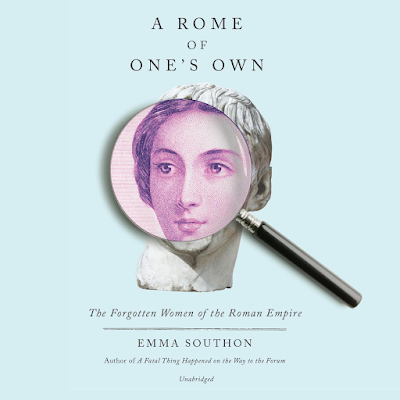Today's nonfiction post is on
Paved Paradise: How Parking Explains the World by Henry Grabar. It is 346 page long an is published by Penguin Press. The cover is red and white. The intended reader is someone who is interested in urban planning and modern city culture. There is no foul language, no sex, and no violence. There Be Spoilers Ahead.
From the dust jacket- An entertaining, enlightening, and utterly original investigation into one of the most quietly influential forces in modern American life—the humble parking spot.
Parking, quite literally, has a death grip on each year a handful of Americans are tragically killed by their fellow citizens over parking spots. But even when we don’t resort to violence, we routinely do ridiculous things for parking, contorting our professional, social, and financial lives to get a spot. Indeed, in the century since the advent of the car, we have deformed—and in some cases demolished—our homes and our cities in a Sisyphean quest for cheap and convenient car storage. As a result, much of the nation’s most valuable real estate is now devoted exclusively to empty and idle vehicles, even as so many Americans struggle to find affordable housing. Parking determines the design of new buildings and the fate of old ones, patterns of traffic and the viability of transit, neighborhood politics and municipal finance, the quality of public space, and even the course of floodwaters. Can this really be the best use of our finite resources and space? Why have we done this to the places we love? Is parking really more important than anything else?
These are the questions Slate staff writer Henry Grabar sets out to answer, telling a mesmerizing story about the strange and wonderful superorganism that is the modern American city. In a beguiling and often absurdly hilarious mix of history, politics, and reportage, Grabar brilliantly surveys the pain points of the nation’s parking crisis, from Los Angeles to Disney World to New York, stopping at every major American city in between. He reveals how the pathological compulsion for car storage has exacerbated some of our most acute problems—from housing affordability to the accelerating global climate disaster—ultimately, lighting the way for us to free our cities from parking’s cruel yoke.
Review- An interesting look at urban planning. Grabar comes to city planning from a place that cars are seen as too important and give very little value in return. Cities are currently planned around car ownership. But not everyone does or can own a car. Cars are expensive to own so only people who have enough money can reasonably own one. But cities are not planned with the non-car owners in mind. In fact many cities third of their space is for parking. Grabar makes a solid argument for cities to be remade with non-car owners in mind. At times the writing was a little stale but the overall point is good and interesting. I would be curious to see what he writes next.
I give this book a Four out of Five stars. I get nothing for my review and I borrowed this book from my local library.





































